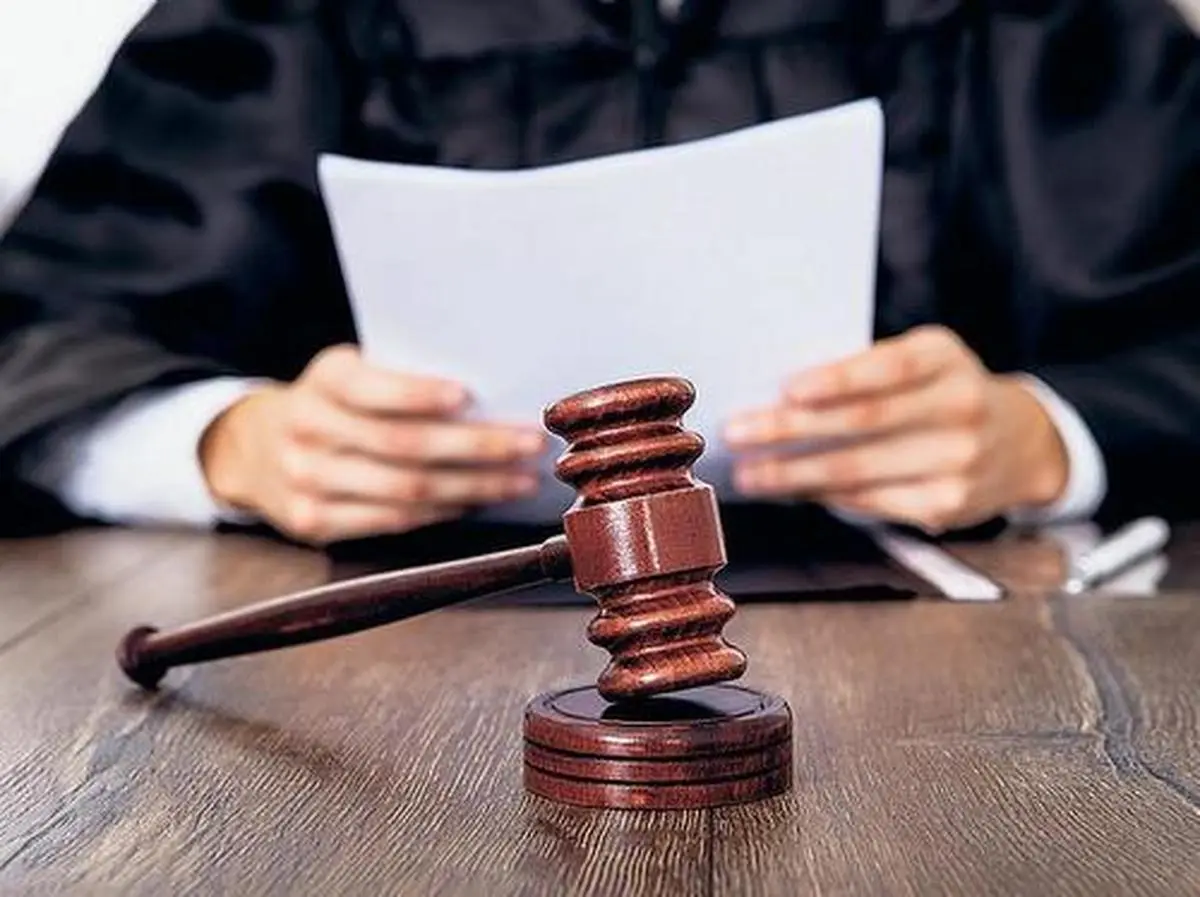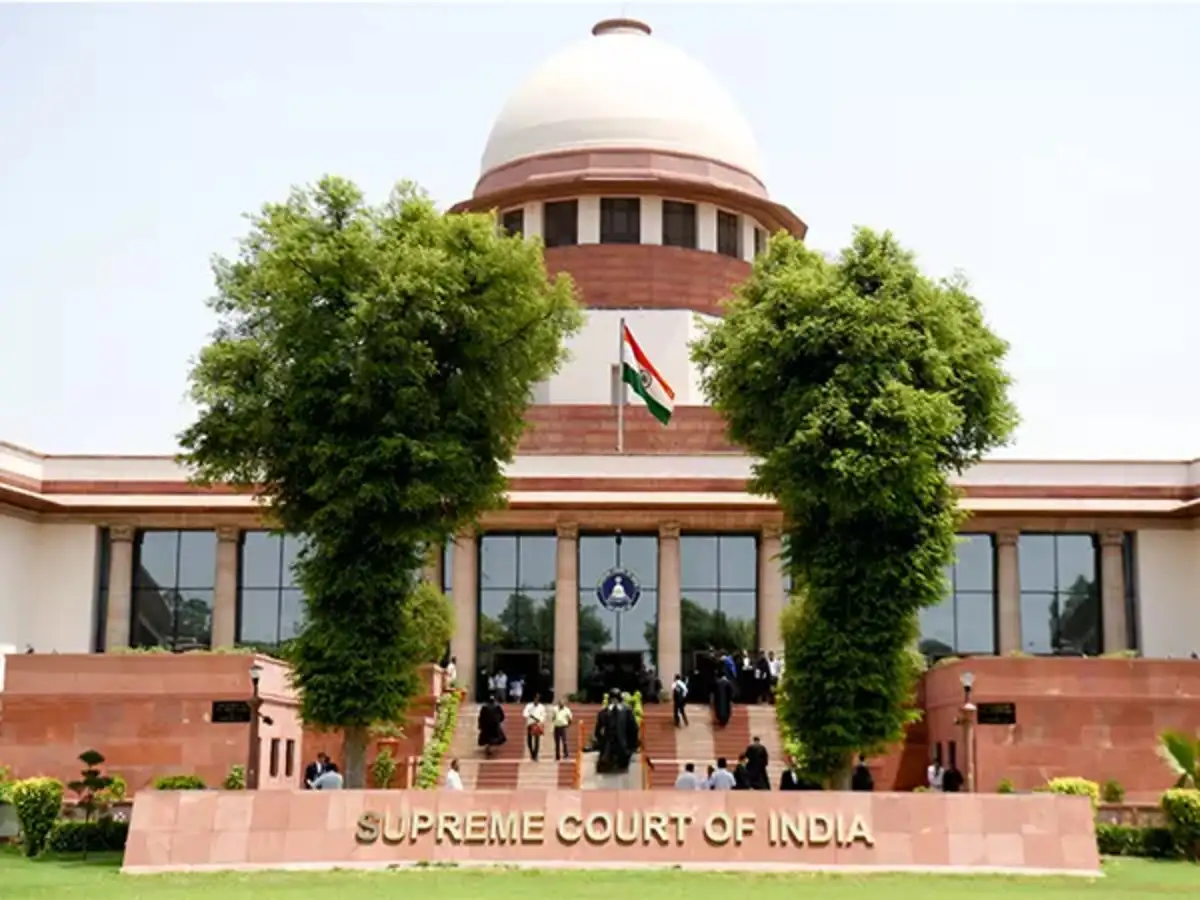- Courses
- GS Full Course 1 Year
- GS Full Course 2 Year
- GS Full Course 3 Year
- GS Full Course Till Selection
- MEP (Mains Enrichment Programme) Data, Facts
- Essay Target – 150+ Marks
- Online Program
- GS Recorded Course
- NCERT- First Ladder
- Polity
- Geography
- Economy
- Ancient, Medieval and Art & Culture AMAC
- Modern India, Post Independence & World History
- Environment
- Governance
- Science & Technology
- International Relations and Internal Security
- Disaster Management
- Ethics
- Current Affairs
- Indian Society and Social Issue
- CSAT
- 5 LAYERED ARJUNA Mentorship
- Public Administration Optional
- ABOUT US
- OUR TOPPERS
- TEST SERIES
- FREE STUDY MATERIAL
- VIDEOS
- CONTACT US
India Opens Doors to Foreign Law Firms
India Opens Doors to Foreign Law Firms

- India's legal sector is undergoing a major change.
- In May 2025, the Bar Council of India (BCI) released new rules allowing foreign law firms and lawyers to practice in India for the 1st time in a significant way.
- This is a big policy shift after decades of resistance, but it comes with strict limits and has raised new legal questions.
Key Highlights of the New Rules:
- Who can practice: Foreign law firms and individual foreign lawyers.
- What they can do (Limited Scope):
- They can only do non-litigious practice.
- Non-litigious practice refers to methods of resolving disputes or managing legal matters without going to court or engaging in formal litigation.
- Instead of suing or defending a case through the judicial system, parties use alternative ways like negotiation, mediation, arbitration, or settlement to resolve their issues.
- This means they cannot appear in Indian courts (they can't argue cases).
- Their work is limited to advising on:
- Foreign law: Laws of other countries.
- International legal matters: Issues governed by global agreements or principles.
- Arbitration proceedings involving foreign parties: Solving disputes outside courts, especially when people or companies from different countries are involved.
- They can only do non-litigious practice.
- Key Condition:
- Reciprocity: Foreign firms and lawyers are allowed in only if Indian lawyers get similar access to practice in their home countries.
- Policy Shift: This move is a big change from past policies that largely kept foreign legal players out of India.
A Look Back: Why the Resistance?
- Long History of Opposition: For 25 years, there has been strong opposition from Indian lawyers.
- Massive Protests (2000):
- Over 40,000 lawyers marched to Parliament against plans to change the Advocates Act, 1961.
- They feared it would weaken India's legal independence.
- Supreme Court Ruling (2018):
- The Supreme Court supported these concerns.
- It ruled that foreign lawyers and law firms cannot practice any law (Indian or foreign) in India unless the Advocates Act is specifically changed by Parliament.
- BCI's Changing Stance:
- The first formal attempt to allow foreign lawyers was in 2023, but it was challenged in court.
- The May 2025 notification is similar to the 2023 proposal.
- Critics say it's "old wine in a new bottle" – a re-release without solving the basic legal problems.
Significance of the New Changes in the Legal Sector:
- Global Learning and Collaboration:
- Indian law firms can learn from foreign firms, adopting global best practices and new ideas.
- It can lead to more innovation in India's legal sector.
- New Opportunities for Indian Lawyers:
- The new rules allow Indian lawyers to register for practicing international law without losing their right to practice Indian law.
- This "dual registration" is expected to open up global career paths for young Indian lawyers.
- Boost to India’s Legal Services Exports:
- By joining the global legal market, India aims to become a major hub for international arbitration and cross-border legal advice.
- This fits well with India's broader goals like Make in India and Ease of Doing Business, by making it easier for foreign businesses to operate here.
Challenges Associated with The New Regulations:
- Violation of Supreme Court Rulings:
- The BCI's new rules go against the 2018 Supreme Court judgment.
- The BCI is trying to bypass the need for a formal change to the Advocates Act through Parliament.
- They believe administrative notifications cannot override court decisions or main laws.
- "Illusion" of Reciprocity:
- While BCI claims reciprocity, many Indian lawyers disagree.
- Indian law degrees and bar enrollments are not automatically accepted in major countries like the U.S., U.K., or Australia.
- Experts warn that this unequal access could put Indian lawyers at a disadvantage in the long run.
- Unclear Arbitration Rules:
- It's not clear whether foreign lawyers can participate in international arbitrations held in India if these disputes involve Indian parties and Indian laws.
- This unclear area could lead to more legal battles and disagreements over who has the right to decide cases.
Way forward:
- The government should make clear laws that support the new rules and follow the Supreme Court’s decisions to avoid confusion.
- There should be clear rules about what foreign lawyers can and cannot do, especially about arbitration involving Indian laws.
- India should work with other countries to make sure Indian lawyers can practice abroad just like foreign lawyers can practice here.
- Indian and foreign law firms should work together to learn from each other and help Indian lawyers gain experience in international law.
- The government should keep checking how these changes affect Indian lawyers and the legal system and make changes if needed to keep things fair.
What is the Bar Council of India (BCI)?
Composition of the BCI
Key Functions of the BCIThe BCI has several important roles in controlling the legal profession and education:
|
Ensure IAS Mains Question:
Q. "Discuss the recent decision by the Bar Council of India to allow foreign law firms and lawyers to practice non-litigious legal work in India. What are the potential benefits and challenges of this policy shift? Suggest measures to ensure a balanced and effective integration of foreign legal professionals in the Indian legal sector."
(250 WORDS)
Ensure IAS Prelim MCQs
Q. Consider the following statements:
1. Government law officers and legal firms are recognised as advocates, but corporate lawyers and patent attorneys are excluded from recognition as advocates.
2. Bar Councils have the power to lay down the rules relating to legal education and recognition of law colleges.
Which of the statements given above is/are correct?
(a) 1 only
(b) 2 only
(c) Both 1 and 2
(d) Neither 1 nor 2
Ans: (b)
|
Also Read |
|
| FREE NIOS Books | |




